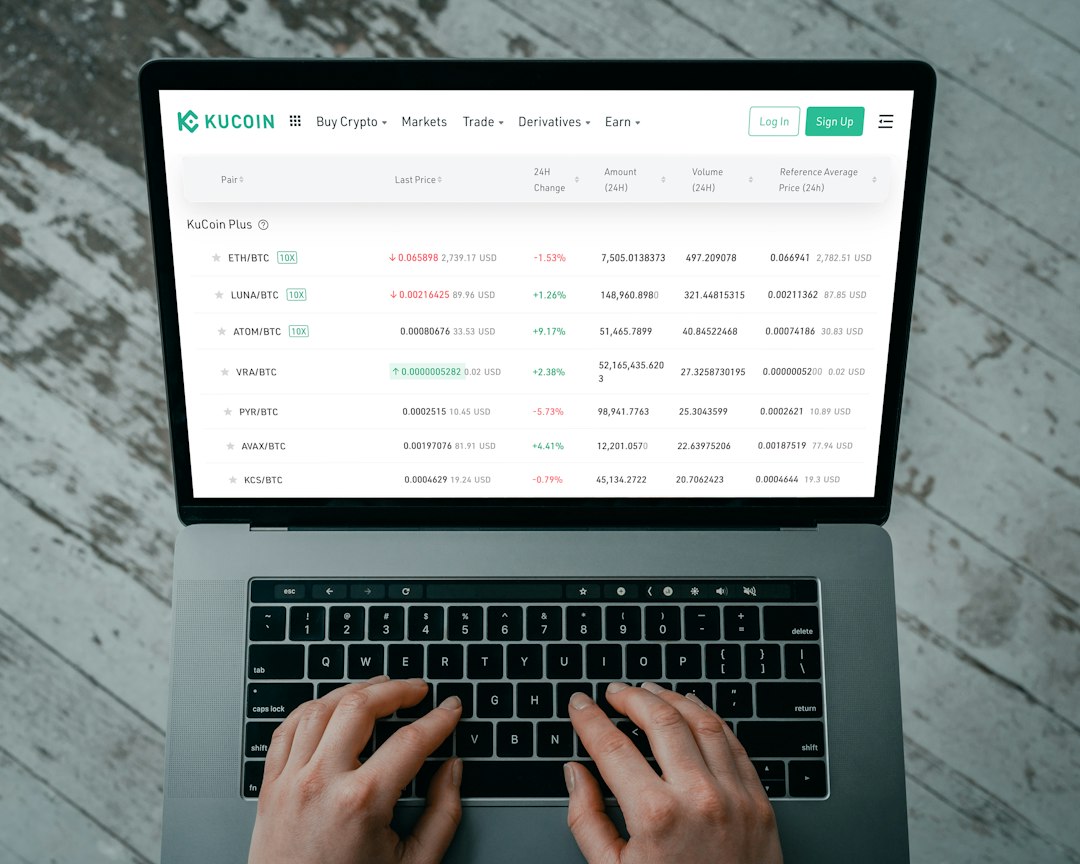In the crypto world, collaborations and partnerships are often the catalysts for innovation, so when we refer to FTX and Solana’s opportunity to collaborate with Paypal’s stablecoin, we are talking about a missed chance.
The original collaboration plan of the Paypal, Solana and FTX collaboration:
- PayPal planned to launch its own stablecoin, PYUSD.
- PayPal collaborated with FTX and intended to leverage the Solana blockchain for PYUSD.
- Solana blockchain’s high throughput, scalability, and low transaction fees made it an attractive choice.
A change in strategy: PayPal and the Paxos trust company:
- FTX’s collapse abruptly halted the progress of the PYUSD issuance project.
- Regulatory challenges emerged as a major obstacle.
- PayPal abandoned its collaboration with Solana and partnered with Paxos Trust Company to issue PYUSD.
- PYUSD aims to facilitate seamless transfers within the PayPal platform and compatible external wallets.
Lessons learned and future implications:
- The FTX incident and regulatory challenges highlighted the volatility and uncertainty in the crypto landscape.
- Regulatory clarity is important in the cryptocurrency industry.
- PayPal’s change in strategy reflects adaptability and resilience.
- Companies need to be adaptable and resilient in the evolving market.
Hot Take:
The missed opportunity for Solana to collaborate with PayPal’s PYUSD stablecoin showcases the dynamic and unpredictable nature of the crypto landscape. While the FTX collapse and regulatory challenges caused a change in strategy, PayPal’s partnership with Paxos Trust Company demonstrates their commitment to entering the stablecoin market. Only time will tell how this change will affect the adoption and growth of PYUSD in the ever-evolving world of digital assets.





 By
By
 By
By
 By
By
 By
By
 By
By
 By
By